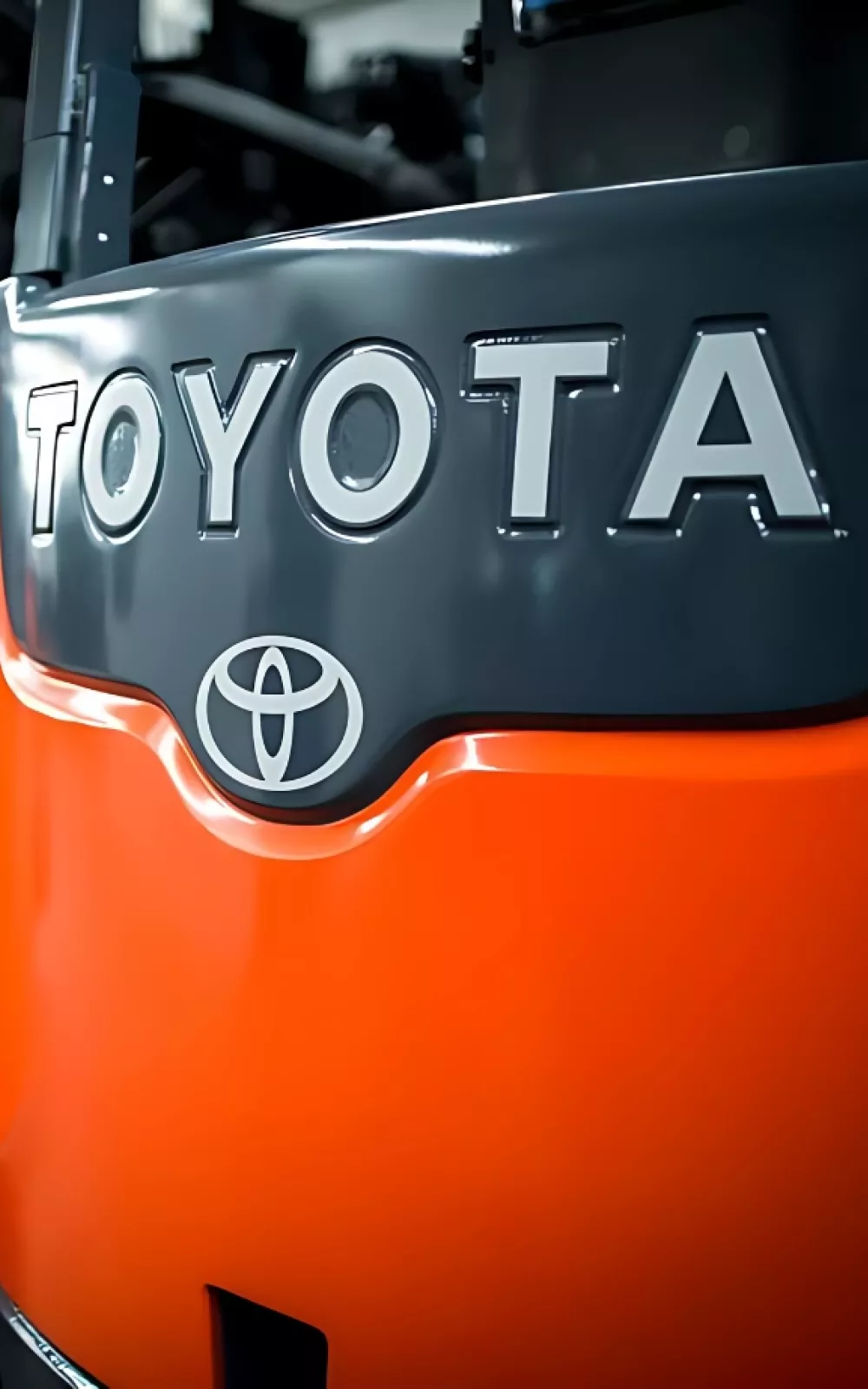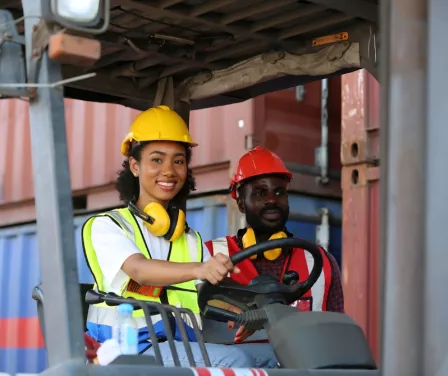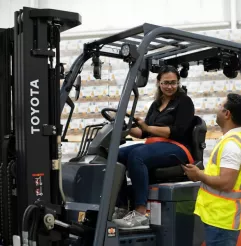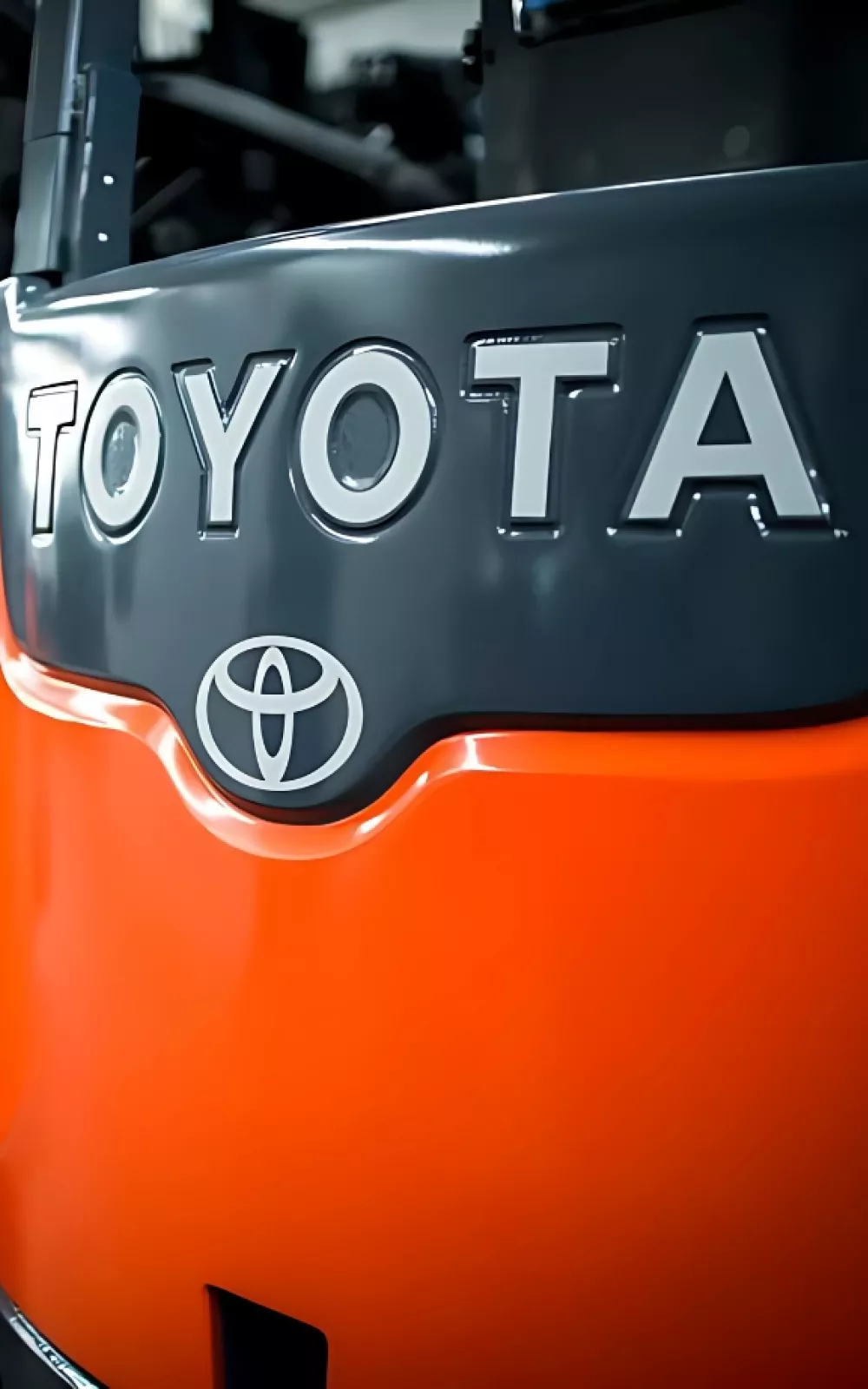Rent
ProLift offers daily, weekly, and monthly rentals. Find the right equipment for maximum productivity and safety.
Let us know how we can assist you! A ProLift specialist will connect with you to help with your material handling needs.

Learn the key benefits of training your own team, from increased flexibility to cost savings, and understand how an internal trainer can keep safety standards high while reducing downtime.

Every company using forklifts is responsible for providing operator safety training to keep in compliance with federal law. When developing a safety plan for your company and its forklift operators, one of the considerations is whether to have an in-house forklift safety trainer or outsource to a specialist.
When your company is able to dedicate a full-time employee to training, having an in-house trainer can be a good fit. As an employee of the company, they are familiar with the culture, equipment, products, site-specific hazards and accident history. Another advantage is flexibility of scheduling training for new hires, ensuring operators attend the training prior to using equipment.
If your in-house trainer’s primary responsibility isn’t forklift safety training, consider how to address these pitfalls and if your company should outsource the operator training.
An in-house trainer with other company responsibilities may lack the flexibility needed to ensure operators stay compliant. For example, can the trainer conduct timely training for new hires before they operate equipment? Will they have time to track refresher training for all employees? Additionally, addressing accidents or near-misses promptly with operators and management may be challenging if the trainer is juggling multiple roles.
Your in-house trainer is responsible for ensuring employee safety by engaging operators and emphasizing the importance of safe practices. Are their presentation skills effective for adult learners? Do they confidently challenge current operations or co-workers when necessary? Are they able to share relatable personal experiences that resonate with the team? These factors are critical in determining their ability to lead effective safety training sessions.

Continue promoting safety at your facility with our comprehensive safety training classes. ProLift offers training for both operators and trainers. Contact our safety specialist to schedule your team.
The federal law is a large amount of information to digest and interpretations can vary. Your in-house trainer will be relied on to provide guidance to your company and operators to keep in compliance. How familiar with the laws is your in-house trainer? Are they a fast learner and comfortable using the internet as a resource? Do they have hands-on experience with the company’s equipment?
Materials used during training are important and must be as effective as the trainer. Using a variety of visuals will keep training fresh and easy to understand. Do they have a variety of tools such as a presentation, videos, models and pictures? Are operators provided with booklets containing the information and an area for notes? Are they providing recent articles related to OSHA, ANSI and forklift safety? Are wallet cards and other documentation provided after the training?
An in-house trainer must have management support to implement and enforce safety measures. Without support, the efforts are dismissed and inevitably trainer burn-out will occur. Can your in-house trainer communicate big picture needs with management? Are safety concerns quickly addressed? Does management support scheduling dates for training and allocate budget funds for safety hazards?
If you conclude your company does not have the needed time, management support or resources for an in-house trainer, ProLift can provide this service.
Hiring a specialist also brings a level of expertise, acting as a credible source that can help support the training efforts your company made if an accident does occur. Based on the number of forklift operators, type of equipment and other factors, ProLift's safety specialist can find the class to best fit your needs.
ProLift offers training for forklift, aerial lifts and skid steers. Our safety specialist is available to provide pricing and available training dates.
As a full-service material handling dealer, ProLift can help you with questions and solutions for your equipment, service, parts and more. Tell us how we can help.

Let us know how we can assist you! A ProLift specialist will connect with you to help with your material handling needs.
